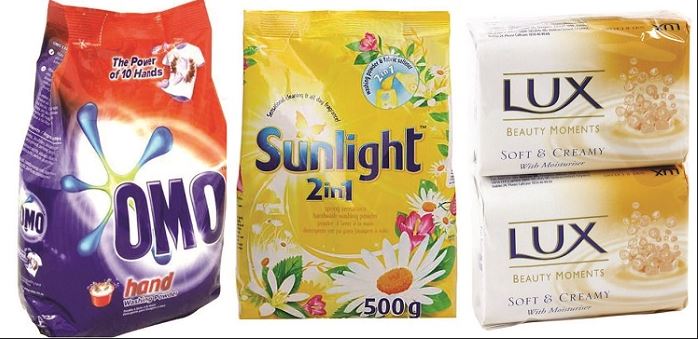
UNILEVER NIGERIA STOPPS PRODUCTION, SALE OF OMO, LUX, OTHERS
Unilever Nigeria Plc says it has stopped the production and sale of home care and skin cleansing products. This is coming about 10 months after it announced plans to exit both markets.
The company disclosed this in its unaudited interim financial statements for the year ended December 31, 2023, sent to the Nigerian Exchange Limited (NGX) weekend.
In another statement, the company disclosed that it has appointed an interim Board Chairman for Unilever Nigeria Plc.
This was contained in a letter sent to newsmen by Mrs Afolasade Olowe, Senior Counsel and Company Secretary, Unilever Nigeria.
It stated: “Mr Michael Ikpoki has been appointed as interim chairman of the Board of Unilever Nigeria Plc, pending the appointment of the substantive chairman of the Board.
“Ikpoki replaces His Majesty, Nnaemeka A. Achebe, Obi of Onitsha, who retired from the Board effective 31st December 2023.”
Unilever production
Meanwhile, recall that on March 17, 2023, Unilever Nigeria revealed its intention to discontinue production of its homecare and skin-cleansing brands. These include Omo, Sunlight and Lux.
In a statement in the company’s earnings report released weekend, Unilever Nigeria said production and sales “ceased in December 2023”.
Unilever said: “The factory used to produce the home care and skin cleansing products has been leased out to a third party.
“Subsequent to the company’s exit from the Home Care and Skin Cleansing categories, the factory buildings have been leased to a third party. This is for 10 years, with annual rental payments.
“Unilever Nigeria’s exit from the homecare and skin-cleansing markets leaves the company with just the foods, beauty and wellbeing, as well as personal care products.”
Before Unilever Nigeria’s exit from both markets, the company reported a decline in revenue and an increase in losses.
Revenue fell by 45.1 percent year-on-year to N16,48 billion in 2023. This is from N23,92 billion grossed between January to December 2022.
Also, the loss increased to N3.72 billion last year, compared to the previous year’s N1.49 billion.
